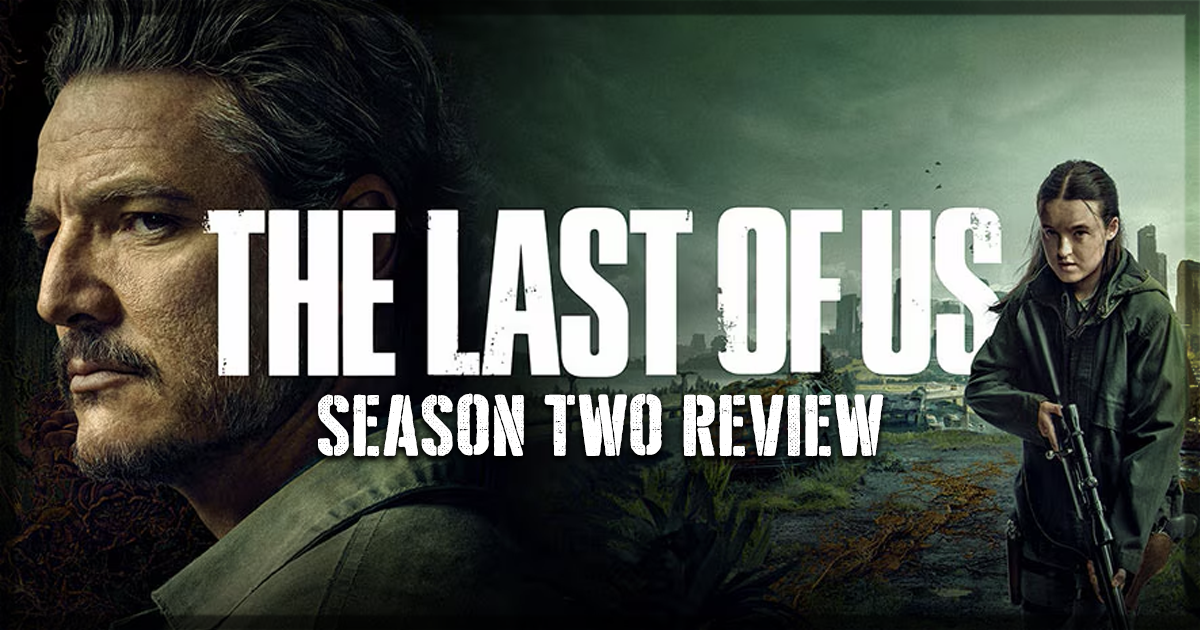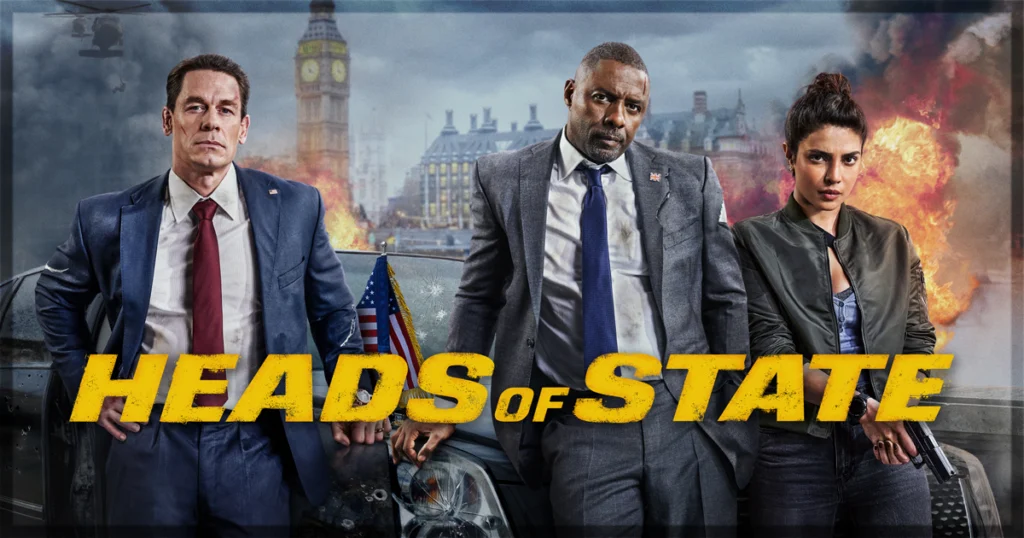In recent years, few shows took the world by storm like 2023’s The Last of Us. Add in one of the hottest stars, Pedro Pascal, and the results provide a winning formula. Now, in 2025, the hit television show is back with season two. Expectations were at an all-time high, setting a precedent for audiences. Now that season two has concluded, the response has become something different. Before we go any further, it’s best to describe what season two of the series entails.
Season two picks up five years after the Firefly hospital massacre in season one. Audiences now follow Joel (Pedro Pascal) and Ellie (Bella Ramsey) as they live in Jackson, Wyoming. This includes reuniting with family, such as Joel’s brother Tommy (Gabriel Luna) and his wife Maria (Rutina Wesley). That also means plenty of new faces, such as therapist Gail (Catherine O’Hara), Dina (Isabela Merced), and Jesse (Young Mazino). While the community is in high spirits, threats lurk around every corner. These include Abby (Kaitlyn Dever), someone on a revenge path against Joel, and Isaac (Jeffrey Wright), the ruthless leader of the WLF (Washington Liberation Front).
The plot of The Last of Us season two is rich and complex, encompassing divisive narrative choices that will likely spark debate. Adapting its story from the second game, this season presents numerous challenging decisions. As it progressed, those choices divided audiences. The beloved series evolved into something entirely different and controversial throughout its seven episodes. As someone who has played the game, The Last of Us Part II, I want to make something clear. Audiences’ massively mixed reaction is entirely understandable.
The Joel and Ellie dynamic was a revelatory aspect for the zombie genre. It gave a sense of humanity and heart that allowed people to forgive clichés. Now, going into season two, such a formula has been flipped on its head. The story shifts into something more akin to a straightforward zombie or post-apocalyptic series. In a post-Walking Dead world, such a shift left many feeling disappointed with the result. What makes this second season work at all is an array of talented performances on screen. Granted, some suffer from writing that detracts from the series as a whole.
While it’s no surprise here, the standout of the season has to be Pedro Pascal as Joel. Dropping audiences into this season, viewers see Joel riddled with pain. Granted, we have already built a level of trust with Pascal throughout his career. No matter the project, we immediately identify with him on-screen as any character. That gives Pascal room to play a more subdued version of Joel in this season, who says so much by saying so little. There’s a vulnerability in his eyes that immediately makes the audience care about him. Once the mystery of his pain is unveiled, the results deliver a gratifying yet devastating outcome, which is what makes Bella Ramsey’s performance all the more frustrating.
I want to make something clear about Ramsey’s performance in this second season. They deliver something compelling and very exciting to watch unfold over seven episodes. The problem with the Ellie character here comes from the writing. While her arc from angry teen to vengeful killer is understandable, the writing makes it feel archetypal. Audiences have seen this type of character trajectory numerous times. It’s nothing new or inventive, but Ramsey keeps viewers engaged to see where Ellie goes next. Though as a finished product, it lacks a certain spark compared to season one.
To make something clear, season two of The Last of Us ends on a massive cliffhanger. Ending on such a cliffhanger makes it hard to analyze specific performances. Two in particular proved challenging to judge in their respective limited screen times. Both Kaitlyn Dever and Jeffrey Wright play two pivotal characters in the mythos of this world. Both actors, in particular, deliver two scenes that fans will remember for years to come. Those two scenes could even be considered the best scenes of the season.
Whereas on the flipside, actors like Young Mazino and Isabela Merced get saddled with archetypal post-apocalyptic dialogue. While Merced, Mazino, and Ramsey essentially have a group dynamic in the season. the relationship between Merced and Ramsey is a highlight, marked by warmth and humanity. It feels genuine, heartfelt, and something audiences need amid this season’s narrative heaviness. When it doesn’t work involves these three actors and their relationship drama. These dynamics feel like something out of a CW show. It feels both out of place and significantly less interesting. It gets better as the season progresses, but it feels jarring in the grand scheme of this series.
The Last of Us season two feels like a different animal compared to season one. At the same time, the season is not without its strengths, particularly in its performances and action set pieces. Certain moments deliver the most thrilling action I’ve seen on television since Game of Thrones. That action alone is more than worth your time, even if the season as a whole feels incomplete. Being incomplete, time will be a critical factor when judging season two. Although, as of now, the finished result delivers an exciting but muddled product.
The Last of Us Season 2 is now streaming on MAX.
Learn more about the show, including how to watch, at the official site for the title.


